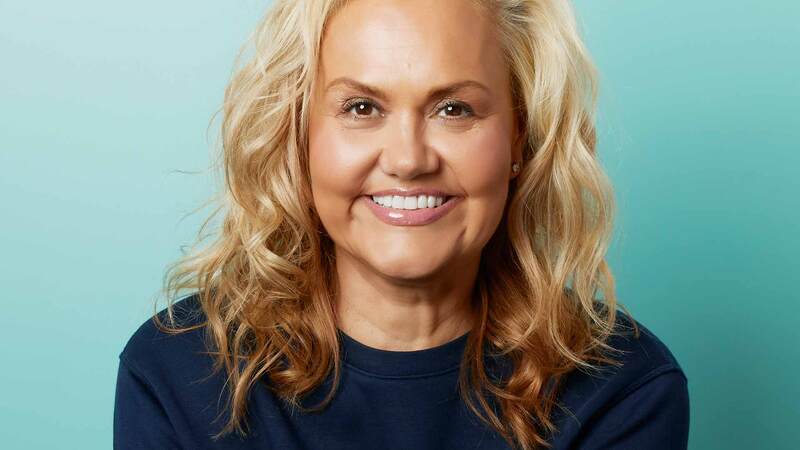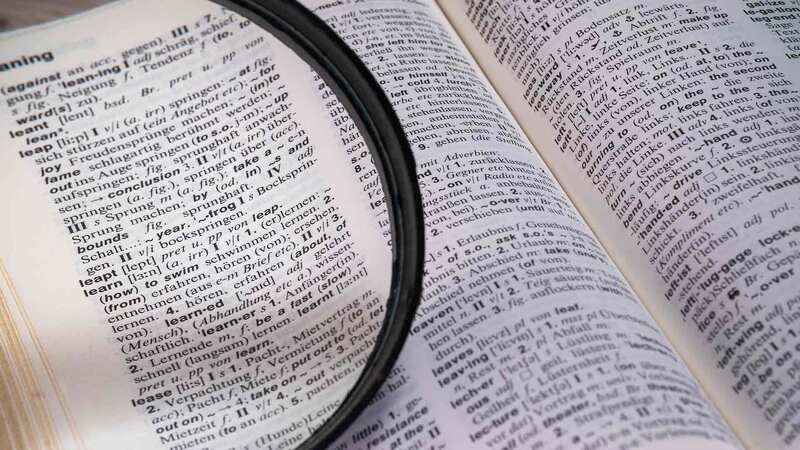You are viewing your 1 free article this month. Login to read more articles.
Editors and agents laud actors’ impact on audio editions as spectre of AI looms
Figures from across the trade discuss the importance of securing professional voice artists to create a slick listening experience, as automated voice development continues apace.
Outside of the writer, there is no person more integral to the success of the audiobook than the narrator. Third on the call sheet, then, would be the commissioning editors and casting directors who are responsible for bringing the narrators in and marrying the voice with author and book.
It is a delicate and complicated process, with a myriad of considerations across categories. Some genres are more straightforward than others. For non-fiction, memoirs in particular, it can often make sense for an author to read their title. This is obviously driven by the time of year, but at this writing four of the top five bestsellers at Audible UK are read by their actor/performer authors: Billy Connolly’s Windswept and Interesting, Will Smith’s Will, Miriam Margolyes’ This Much is True and Dave Grohl’s The Storyteller.
But even in memoir the author might not be the right choice, says Ellis Moore, Bolinda’s senior rights and content manager—and that is where the publisher’s role becomes crucial. She adds: “If an author perhaps isn’t the most suitable option, we will ensure that everything that we do is with the author’s consent and direction. But there is a huge catalogue of memoirs where the celebrity hasn’t read them and the books have still been audio bestsellers.
“Sure, there are times when you have a book like Robert Webb’s How Not to be a Boy where you can’t imagine anyone else reading it. But for other memoirs, you can have an introduction from the author with the rest read by a narrator. That might often be logistical—down to how famous and busy they are and if they have time to sit in a studio for three days. But, again, you just have to communicate with the author.”
Fiction is another matter, says Fionnuala Barrett, HarperCollins editorial director for audio: “I think it might be upwards of 99 cases out of 100 that I would recommend that we should secure actors for fiction. If you are dealing with humour, or dramatic tension, or characterising a cast of thousands—that’s the kind of task that an actor will be able to really sink their teeth into and it will be a pleasure to listen to their performance of that text. It’s an absurdly skilled process, and actors have the training and experience to really get the most out of the text. Many authors simply don’t have that kind of experience or training.”
Around this alchemy of bringing in the right voices are some hard business choices as the costs for voice talent are, as Barrett notes, “very variable and very negotiable” and not an inconsiderable part of the budget. Actors union Equity is working on agreed rates with audiobook producers, so it has no current recommended minimum, but in practice it says the minimum tends to be on a sliding scale between £100–£300 per finished hour (PFH)—not studio time, that is, but the length of the completed audiobook. In the US, the main voiceover union, the American Federation of Television and Radio Artists, expects a rather specific $139.25 PFH for new narrators, and $168.25 for experienced. But these are base starting rates and figures rise depending on experience or whether the actor is a big name.
So the question is, how big do you go for narrators? There been a trend in recent times for celebrities, even Hollywood A-listers, sitting down in front of the mic: Reese Witherspoon reading Harper Lee’s Go Set a Watchman; Riz Ahmed taking on Rahul Raina’s début, How to Kidnap the Rich; Penguin Random House Audio signing up a whole raft of celebs like Andrew “the Hot Priest off ‘Fleabag’” Scott to do its classics backlist. Some celebrity choices seem to make absolute sense: the recent Michael Connelly Harry Bosch audiobooks have been narrated wholly or in part by Titus Welliver, who has played the LAPD detective in the Amazon Prime TV series adaptation for seven seasons. But for others the benefits seem not as obvious; as great an actor as he is, and he did a wonderful job, one wonders how much of a value-add Benedict Cumberbatch gave to listeners to Carlo Rovelli’s The Order of Time.
“It can be a lot of fun bringing celebrities in,” says Vicky Sayers, Bolinda’s casting and production manager. “Because you can sit down with the author and say: ‘If you had a dream narrator who would it be?’ And it’s great to explore those names. But we don’t just want to get a celebrity just for the sake of a celebrity name. We still want to make sure that that celebrity can do the book justice. And sometimes authors might have a name in mind that maybe I or the team think, ‘Well, does that voice actually lend the best kind of interpretation of that book?’ It’s still very much a matter of weighing up a higher budget with whether or not that person would do the best job.”
Barrett echoes Sayers that a celebrity has to be the right fit—and there are some cautionary tales. She says: “There can be a huge cachet or recognition that a big name can give a recording, so you would be silly not to think about bringing them in. But I have heard too many horror stories of a big name who has never done any audio work before, simply not preparing or really respecting that [narration] is a very skilled job. Even showing up to the studio not having read the text beforehand—which honestly makes the blood drain from my face when I think of it.”
But it can be magical when it works, Barrett adds. “For example, we have had a wonderful unicorn situation with Andy Serkis [narrating The Lord of the Rings]. He has a 20-year relationship with Tolkien and a connection with the audience. But he was also phenomenally prepared, worked incredibly hard on those recordings. He was a total dream, which you wish every big name would be like.”
The automatic
Looming over the horizon, however, is the ongoing developments of using text-to-speech Artificial Intelligence. Broadly, a number of companies—including London’s DeepZen—are betting that in just a few years your audiobooks may be read by a souped-up Siri or Alexa.
Audio publishers, at the moment, are wary. W F Howes general manager Miles Stevens-Hoare says: “We are very conscious of the technology, but our sense is [the AI] is not at the point where it’s acceptable to customers. We’ll continue to monitor it, but whether the technology will get there, we’ll see. Some suggest it’s appropriate already for non-fiction narrative content but I think it’s still got a way to go before it’s got a chance of being viable.”
Moore says she has been impressed by the AI tech she has heard, but ultimately is not a fan: “Audio is still very new and such a great area of growth in the industry, not just for the publishers and the agents, but authors and narrators. And it is a shame that would be taken away so quickly, potentially, by AI narration.
“Aside from that, watching narrators read there is so much inflection and ad-libbing and you don’t know what’s going to happen. We had Dawn French read Giles Andreae’s I Love My... picture book series and on one of them she added spooky ghost sounds. Now, that wasn’t in the text, but it really worked and added depth to the audiobook. You wouldn’t get that spontaneity or the expertise of an actor in the moment. That’s the kind of thing that we will really miss if the industry moves to a cheaper AI. It would be a shame to lose that human element.”















